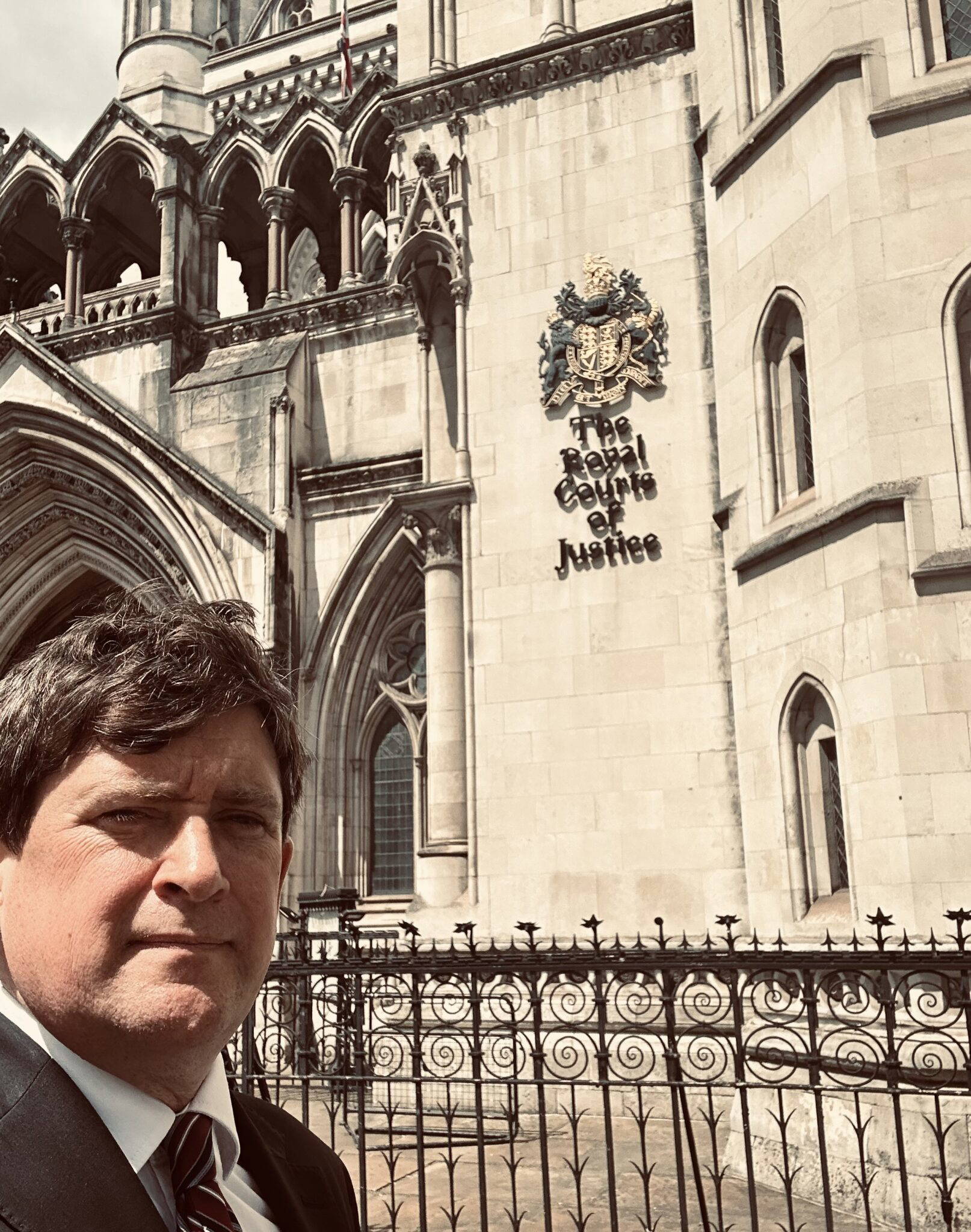A Cautionary Tale: The High Cost and Difficulty of Challenging a Will
A recent High Court case over a family farm has laid bare the immense challenges of contesting a will, culminating in the judge, Mr Justice Michael Green, openly expressing his regret that the matter had to come to trial.

“It is unfortunate, to say the least, that this case has had to come to trial and could not be settled out of court,” the judge remarked at the outset of his judgment. He later added, “Surely it should have been possible for the huge amounts of money spent on this litigation to have been put to better use.”
The case concerned the estate of Mrs Mary Stevens. Her grandsons, Steven and John Maile, sought to overturn two codicils their grandmother made in 2016 and 2017, which had the effect of leaving her farm to be split equally between her two daughters, rather than directly to the grandsons as per a previous 2011 document.
It is fair to say that the parties had tried to mediate before starting proceedings. This is not to say that it couldn’t have been resolved before trial how
The judge dismissed the grandsons’ claims in their entirety, demonstrating the high legal barriers to such challenges.
1. The High Bar for Testamentary Capacity
The claimants argued their grandmother lacked mental capacity. This claim failed decisively. The judge noted that both sides’ expert psychiatrists agreed “there was nothing in the deceased’s medical history… that suggested that she lacked testamentary capacity.”
He found the family solicitor, Mr Clive Smale, to be a “totally straight and clearly competent solicitor” whose detailed attendance notes showed “long discussions” with Mrs Stevens. The judge accepted that Mr Smale had taken great care to ensure she understood her decisions, and he was “content as to her capacity.”
2. The Failed Claim of “Knowledge and Approval”
The judge also rejected the argument that Mrs Stevens did not understand what she was signing. He found Mr Smale’s attendance notes to be the “crucial document,” providing a reliable record of the “calm and careful discussions” he had with Mrs Stevens alone. The judge concluded that after “a long discussion stirring the idea… around,” Mrs Stevens had made a conscious decision to revert to her original will to ensure fairness between her daughters.
3. The “Half-Hearted” Allegation of Undue Influence
The judge was particularly critical of the undue influence claim, stating it was “half-heartedly pursued” and that such a “serious allegation, particularly one made against a solicitor, should not be made lightly and, if pursued, should be done so with conviction.” He found “no evidence at all of the exercise of coercion” and ruled the allegation “should never have been made.”
The Bitter Aftermath: Costs and Consequences
Having lost their case, the grandsons faced immediate financial consequences. The judge granted a counterclaim for possession of the farm from the estate. He also ordered the claimants and their parents to pay damages for their unlawful occupation of the property since March 2021, calculated at £33,000 per year for the farm as a whole, plus interest.
The judge’s opening comments proved prophetic. The grandsons not only failed to secure the farm but are now likely responsible for their own legal costs and a significant portion of the defendants’ costs, on top of the damages for occupation—a stark reminder of the risks inherent in challenging a will.
Case Reference: Maile v Maile & Ors [2025] EWHC (Ch) – Judgment of Mr Justice Michael Green, 6 October 2025.
